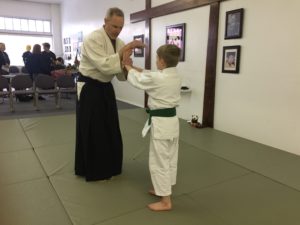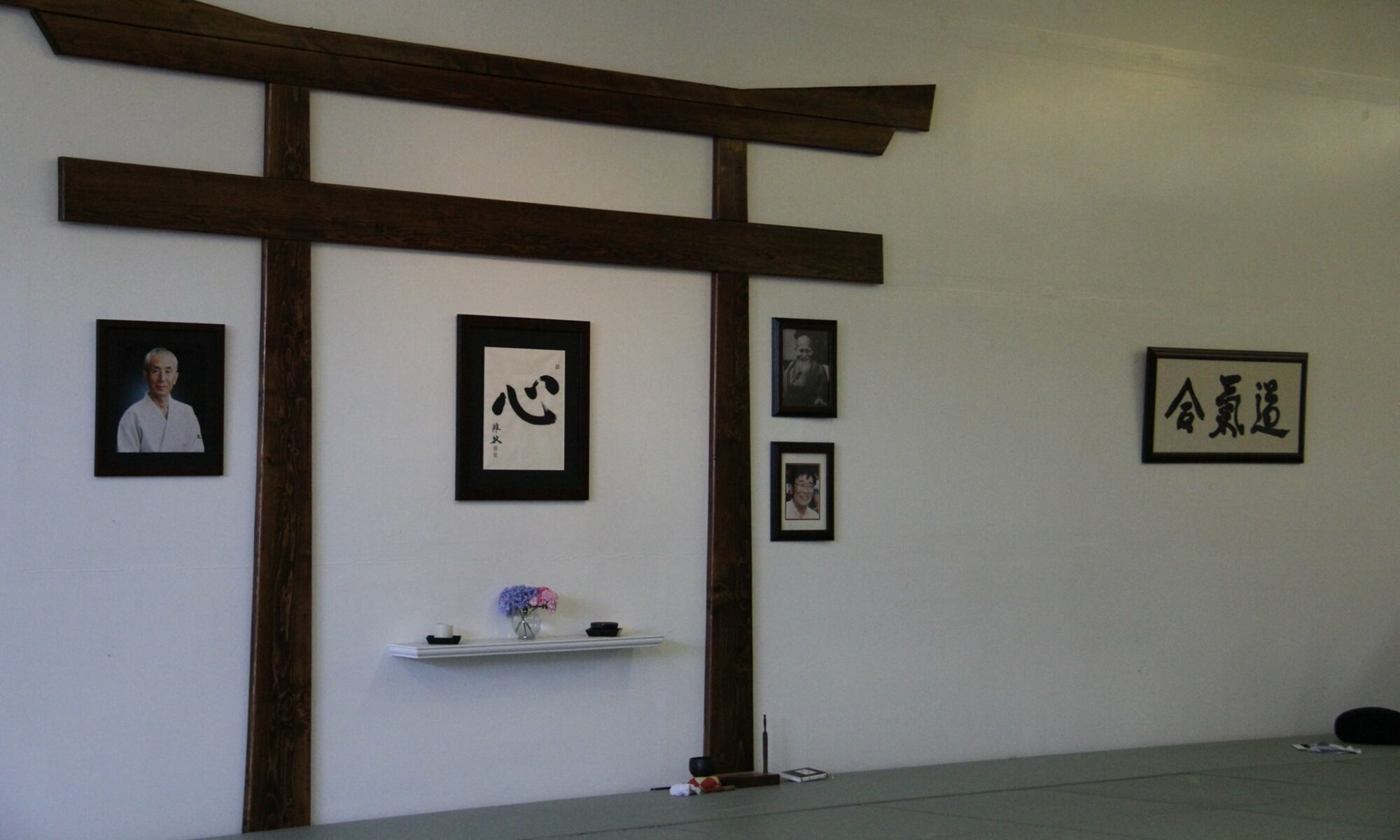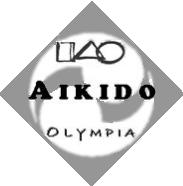In September, I read a book called Leader’s Eat Last, by Simon Sinek. I had heard his TED Talk about the biochemistry of meeting goals, being rewarded, and building trust. It seemed interesting and when he released his new book, I decided to check it out.
This was an interesting book and it certainly illuminated several key elements of leadership and how they play off of our own human biochemistry. For example, when we reach a goal our bodies often release dopamine. This hormone makes us feel good but it’s also a chemical closely related to addiction. If our bodies and actions are in harmony, this works out great because as we do things for others, our bodies release serotonin which fills us with feelings of wellbeing. Finally, there is oxytocin which is the key hormone related to trust and is released with positive physical contact.
This could also be the biochemistry of Aikido, or perhaps an aim of Aikido is to better help us maintain harmony among these chemicals. In the pursuit of any martial art, one must set goals, identify milestones, and so forth. This keeps us motivated and keeps us training hard. On the other hand, our training partners are essential to our practice and when we focus on helping them improve and excel, we have the opportunity to balance dopamine with seratonin. Best of all, Aikido encourages the release of one of the most powerful hormones, oxytocin. This trust-creating hormone allows us to further our practice as individuals and as a dojo. So whether we’re seeking to improve our leadership or deepen our practice of aikido, if we dig to the foundation of human biochemistry, Aikido and leadership might be the same thing.


